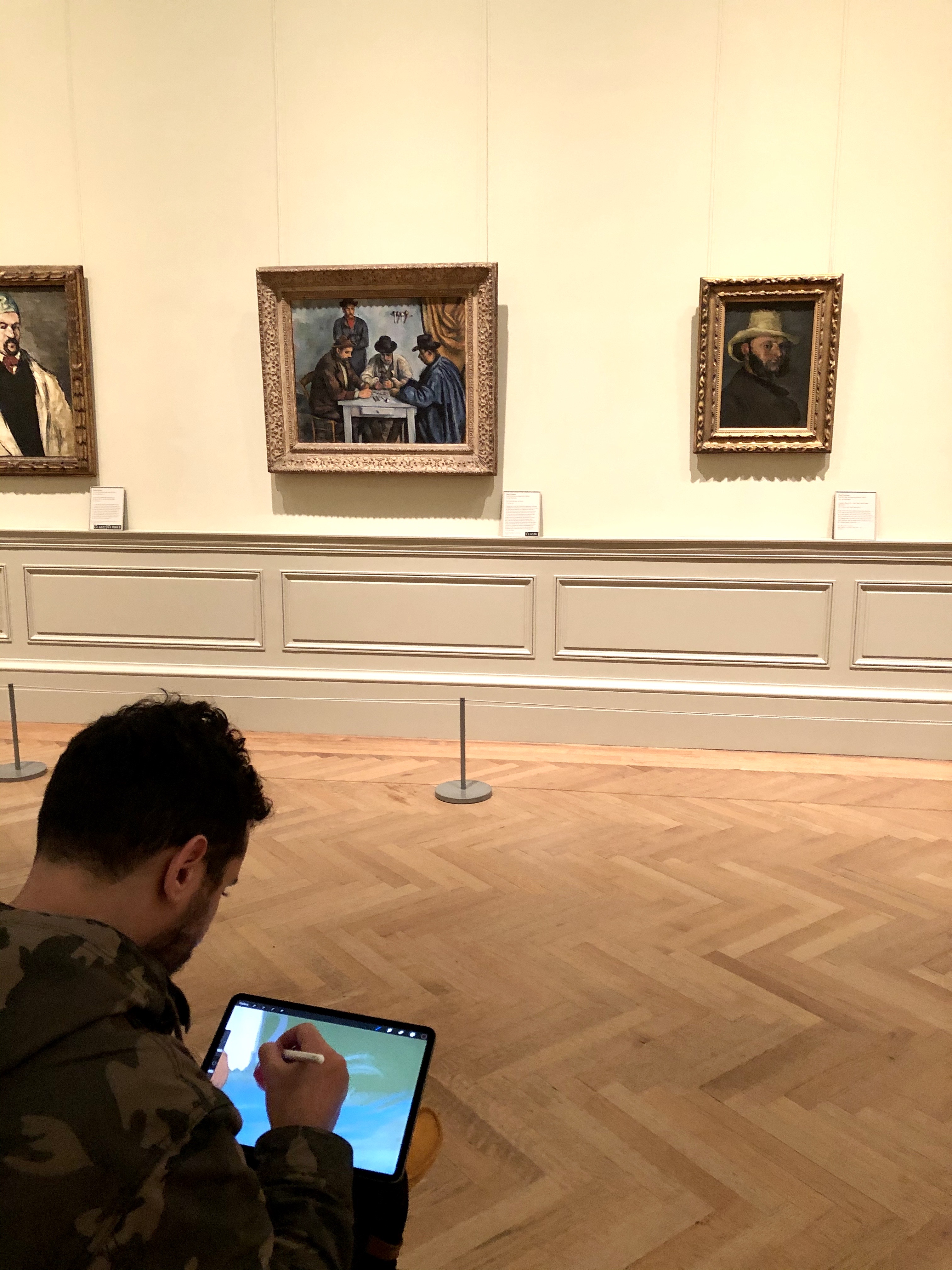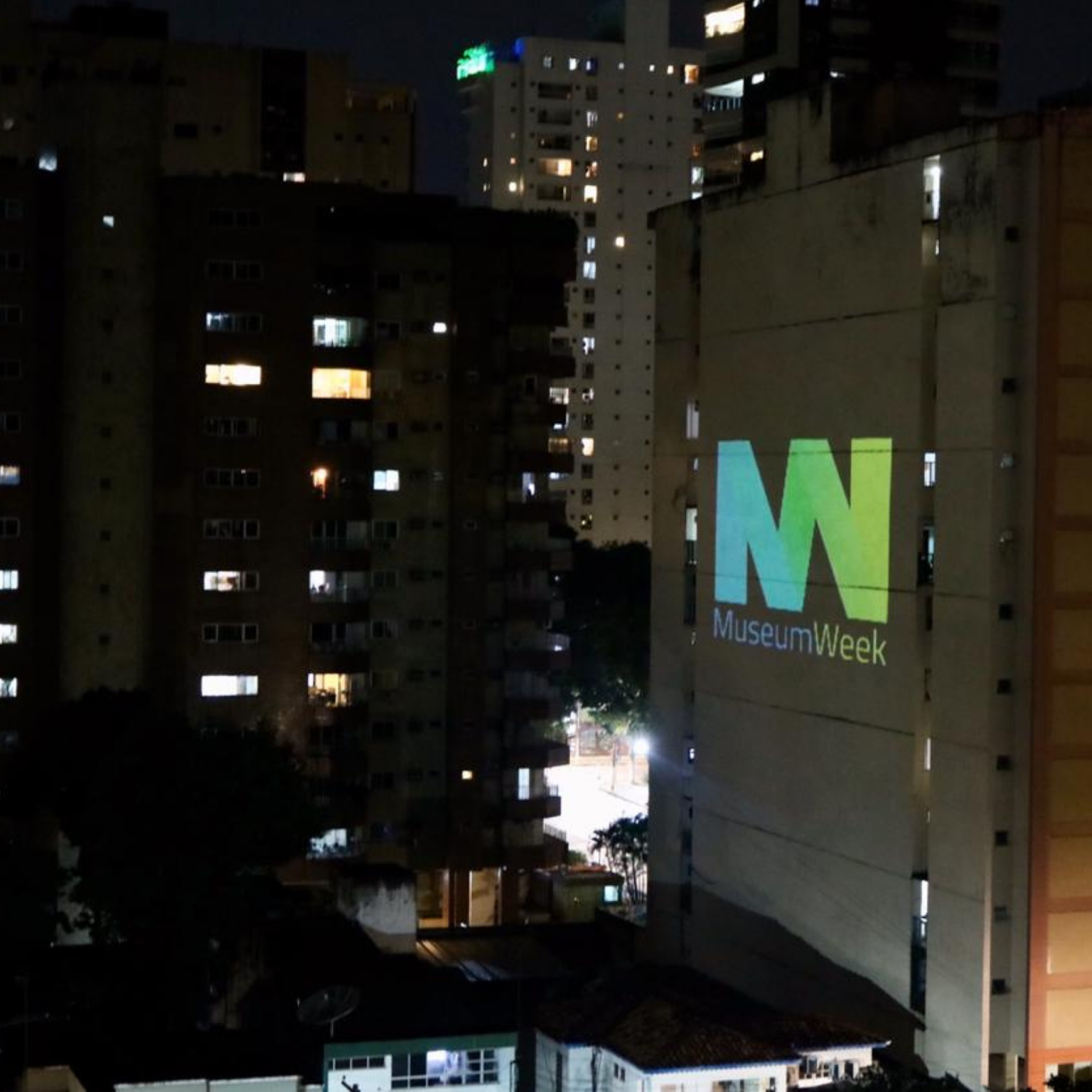Today, social networks have become a must for any cultural establishment that wants to get its message across. And while you’re getting that message across, you can also explore a new, related possibility: contact with bloggers and all those other influential figures in your area of expertise – artists, specialists, art-history students… So let’s see how…
Journalists and bloggers, same difference?
Cultural journalists have been active on social networks for years now. They use Twitter to keep an eye out for information and share their writing, and they’re eager to talk to cultural organisations in real time. Being present on Twitter can improve these specialists’ awareness of your establishment and let you talk to them directly.
But what about bloggers?
As a target population, bloggers are both very similar and very different to journalists. Bloggers are not generally paid to write their articles. They do so in their free time because they care passionately about a specific subject (for instance, the Middle Ages, sport or family outings…). As independent voices, they frequently have the advantage of providing a unique, personal take on your cultural events. Bloggers also have different, complementary readerships to journalists: a community audience for a ‘favourites’ blog, a specialist audience for a ‘technical’ blog, etc.
So by taking steps at your cultural establishment to forge relations with bloggers, you can broaden the impact of your events and give Internet users a new channel to engage with you!
In the beginning was the database
The methods for developing web relations are similar to those used by our colleagues in press relations. To put it bluntly, you have to roll up your sleeves and go out in search of blogs that buzz and tweeters who count in your given fields. You can use (among other methods) Google alerts, your establishment’s press reviews or the Hootsuite monitoring tool to identify influential Internet players in a particular domain.
Influence is a relative concept. Depending on your goals, it can be measured quantitatively (= the blog that has the biggest readership in my region) or thematically (= the musical Mozart fan blog).
We suggest you to configure your web monitoring tools properly, using one tab per theme or one tab per hashtag, in order to optimise your ‘Web listening’ technique and make it sustainable.
A detailed, complete blogger file will improve your targeting. Since a limited number of invitations to an event can be issued, you have to be certain of your choice to ensure the best possible yield of articles and mentions on social networks. An invitation to an exhibition on modern architecture will obviously not interest the same bloggers as an invitation to a concert or an opportunity for a family outing…
Good practice when making contact
Remember that a blogger is someone who cares passionately about something. To win them over, you must speak their language and appeal to them specifically.
There are few blogs dedicated to certain subjects and it will be easier to approach their writers and get a positive response if your subject fits in with their core competencies.
To hook up with ‘star’ bloggers who deal with such subjects as fashion, lifestyle or cuisine, you’ll need to be inventive and original. They receive lots of propositions to cover events every day, so they’re very picky and not often available.
When you approach a blogger for the first time, you must be polite and honest. Don’t oversell your exhibition. Talk about it frankly, but with passion. Show them you grasp their blog’s editorial line and want to contribute to it with quality content. Also, sign your emails with your own name and those of your team members to personalise the institutional image of your cultural establishment and establish human contact.
3 tips when you write to a blogger:
- Give your email an eye-catching subject (The Mona Lisa in your area!)
- Personalise the message as much as possible (You’re the one I really want!)
- Suggest a true experience / discovery (Come along, we’ll have a great time!)
Behind the username, the meeting
Congratulations, your blogger has replied! Now you have to reel them in and build a long-term relationship. As soon as you can, you should meet the blogger ‘in real life’, putting a face to their blog and a smile to their Twitter account. You can do that at an opening or perhaps an event dedicated to the start of a cultural season. The aim is get to know them – quite simply to socialise!
Every proposition you make to a blogger should be unique, like them. Offer them material designed for their blog (competitions, interviews, etc.) and work as a partner, co-creating content and events aimed at their public.
If you have nothing to say for a while between two events, don’t panic: send friendly messages to your favourite bloggers asking how they’re getting on and giving them news of what you’re doing (by the way, we’re working on XYZ at the moment…) Have a quick word if you bump into them on other professional occasions.
In other words, pamper them!
What then?
At the end of each blog operation and also at the end of the year, we recommend you review your activity. The report can be in the form of a ‘blog press review’, a compilation of the best tweets or perhaps participation figures for joint events.
Also, make sure you pass on copies of your blogger files to your press-relations colleagues, so wherever possible, you can cooperate on press trips or simply the issue of press releases or even ‘press services’!
As you can see, relations with bloggers require a lot of work upstream, but once that work is done, your establishment can build special connections with many different types of blogger. Finally, a last tip: keep your eyes open! New blogs and tweeters appear on the social networks every day. Add to your file whenever you have time and keep it up to date!
Top 5 good practices for successful blogger relations:
- Methodically monitor social networks and the Web using targeted keywords
- Open and maintain a precise, thematic contact file
- Encourage interaction on social networks (answer questions and thank people for disseminating your articles)
- Remain positive, even when you’re dealing with criticism and refusals
- Respect the independence of bloggers
Article presented by the ‘Empowerment and Training’ hub and written by the team at the Centre des monuments nationaux (@leCMN)



